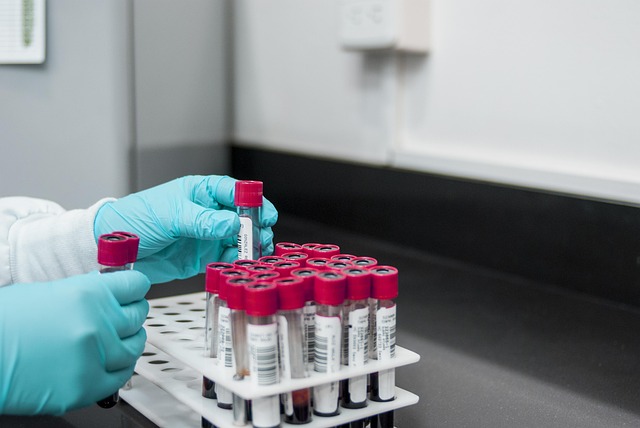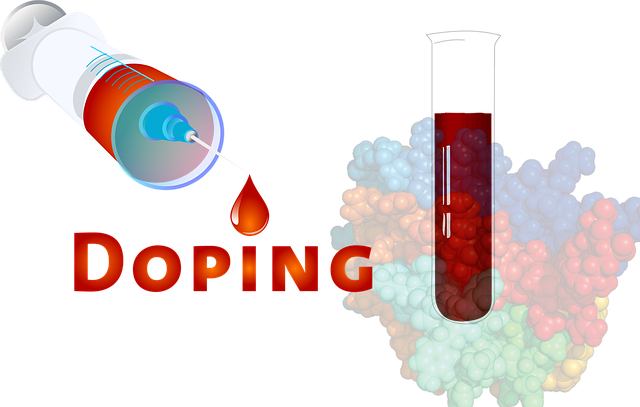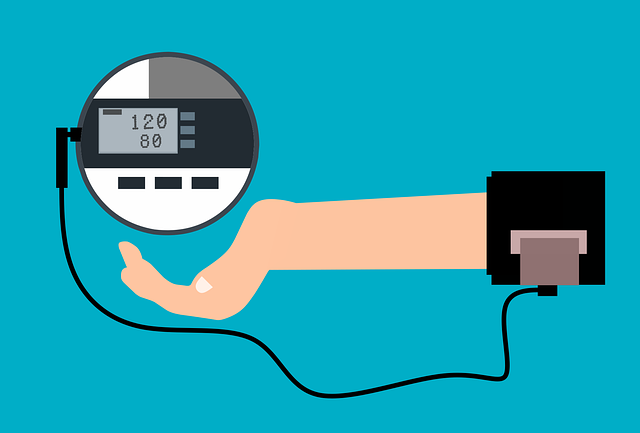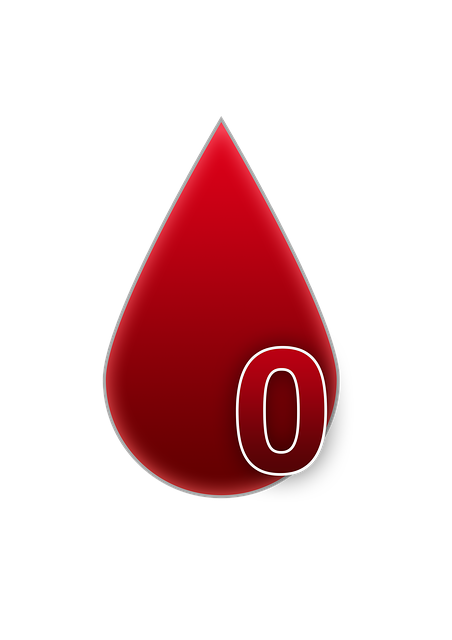Understanding thyroid function tests is vital for UK healthcare. The standard thyroid blood test (TSH) evaluates thyroid gland performance, diagnosing hyperthyroidism (low TSH) or hypothyroidism (high TSH). Key hormones measured include T3 and T4 with normal ranges: T4 9-15 mcg/dL, T3 0.3-5.5 mcg/dL. Results guide treatment for conditions like hypothyroidism and hyperthyroidism. Standard UK screening kit includes tools for comprehensive thyroid examination.
“Unraveling thyroid health in the UK: Your Guide to Standard Thyroid Examination Kits. Thyroid disorders are prevalent, making understanding the standard thyroid blood test crucial for UK patients. This comprehensive article delves into the essential components of a typical thyroid examination kit and explains key tests like TSH, T3, and T4 levels. By interpreting these results, individuals can gain insights into their thyroid function and overall health. Explore the significance of regular check-ups and empower yourself with knowledge about this vital hormone.”
- Understanding Thyroid Function Tests in the UK
- Components of a Standard Thyroid Examination Kit
- Interpreting Results: What Do the Numbers Mean?
Understanding Thyroid Function Tests in the UK

In the UK, understanding thyroid function tests is crucial for patients navigating their healthcare. The standard thyroid blood test, also known as a thyroid function panel or TSH (Thyroid-Stimulating Hormone) test, is a key diagnostic tool used to evaluate how well your thyroid gland is working. This comprehensive test measures levels of TSH, triiodothyronine (T3), and thyroxine (T4) in the blood, providing insights into thyroid health.
The TSH test is particularly important as it helps healthcare professionals assess whether your thyroid is overactive (hyperthyroidism) or underactive (hypothyroidism). Normal ranges for TSH levels vary slightly between laboratories, but generally, values below 0.4 mU/L suggest hyperthyroidism, while levels above 4.0 mU/L indicate hypothyroidism. These results guide doctors in diagnosing thyroid disorders and prescribing appropriate treatment options to restore optimal thyroid function.
Components of a Standard Thyroid Examination Kit

A standard thyroid examination kit for UK patients typically includes a comprehensive set of tools and reagents designed to accurately assess thyroid function. At the heart of this kit lies the thyroid blood test, which measures key hormones such as T3, T4, and TSH (Thyroid Stimulating Hormone). This test is crucial for diagnosing and monitoring conditions like hypothyroidism, hyperthyroidism, and thyroid nodules.
Complementing the blood test are various vials and tubes for collecting samples, precise measuring devices, and pre-filled forms for recording results. Some kits may also include additional components like needle sets, swabs for oral or skin samples, and educational materials to help patients understand their test results and next steps. These elements collectively ensure a thorough and reliable thyroid examination, enabling healthcare professionals to make informed decisions regarding patient care in the UK.
Interpreting Results: What Do the Numbers Mean?

When it comes to interpreting results from a standard thyroid blood test in the UK, understanding the numbers is crucial for patients. The test measures the levels of two key hormones produced by the thyroid gland: thyroxine (T4) and triiodothyronine (T3). Normal ranges vary slightly between laboratories, but generally, T4 levels should fall between 9 to 15 micrograms per decilitre (mcg/dL), while T3 levels typically range from 0.3 to 5.5 mcg/dL.
Higher than normal T4 or T3 levels may indicate hyperthyroidism, a condition where the thyroid is overactive. Conversely, lower-than-normal levels suggest hypothyroidism, meaning the gland is underactive. These results provide vital insights into thyroid function and guide medical professionals in diagnosing and managing related health issues.
A standard thyroid blood test UK is an essential tool for diagnosing and managing thyroid-related conditions. By understanding the key components of a comprehensive examination kit and interpreting test results, healthcare professionals can accurately assess thyroid function and provide effective treatment. This simple yet powerful process empowers patients to take control of their health and manage their thyroid effectively.
